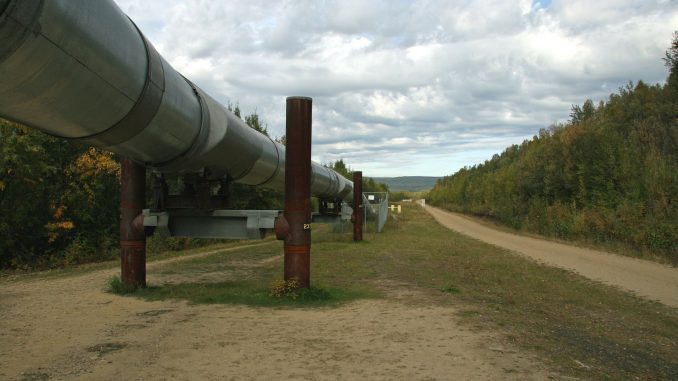
This financing was the subject of an agreement signed by the Minister of Economy and Finance, Nadia Fettah Alaoui, the Director General of OPEC FUND, Abdulhamid Al khalifa, and the Director General of ONHYM, Amina BENKHADRA, said a joint statement, specifying that the signing was done by exchange of correspondence.
Under this agreement, the OPEC FUND will finance, to the tune of 14.3 million dollars, part of the second phase of detailed design studies (FEED – Front End Engineering Design), the gas pipeline project linking the Federal Republic of Nigeria and the Kingdom of Morocco.
This funding is in addition to the Islamic Development Bank’s $29.75 million for the phase two study. Thus, the OPEC Fund and the IDB become co-financiers of this study, which, according to the same source, consists in preparing the documentation for the implementation of the Nigeria-Morocco Gas Pipeline project and finalizing the technical, financial and legal analyses relating thereto.
This announcement comes three days after the award of the engineering design contract for Phase II of the pre-project study to the Australian group Worley Parsons which will carry out this study through its Dutch subsidiary, Intecsea BV. According to the press release published on April 26, the latter (based in The Hague), will proceed with the elaboration of the project implementation framework and the supervision of the technical study. The environmental and social impact assessment and land acquisition studies will be provided by the Australian group’s team in London.
Through its financial support, the OPEC Fund is strengthening financial cooperation relations with Morocco and contributing to the Kingdom’s economic and social dynamics.
The Nigeria-Morocco Gas Pipeline project is the result of a partnership between Morocco and Nigeria. This project, initiated by His Majesty King Mohammed VI and President BUHARI, was formalized by the cooperation agreement, signed in May 2017. Extending over 7000 kilometers, the future gas pipeline should cross thirteen countries in West Africa. It will enable the countries of the region to accelerate their electrification and promote their energy autonomy. It is also a solution for the reduction of gas “flaring” and the use of reliable and sustainable energy.

Be the first to comment